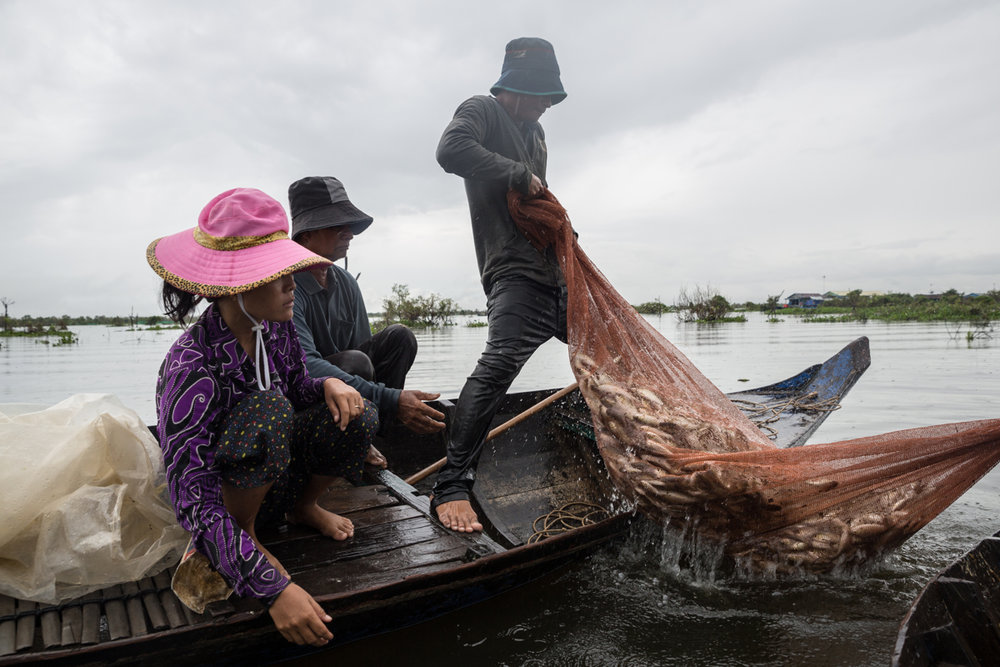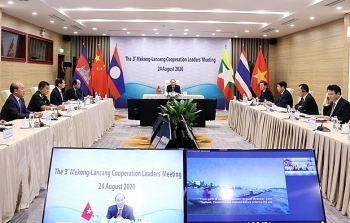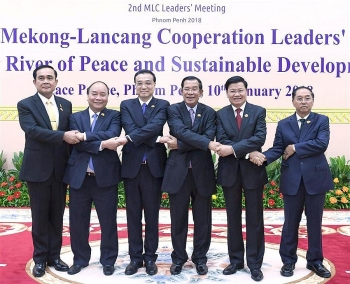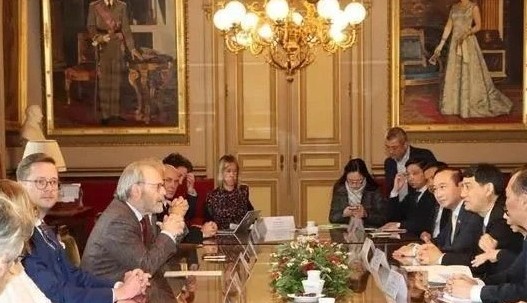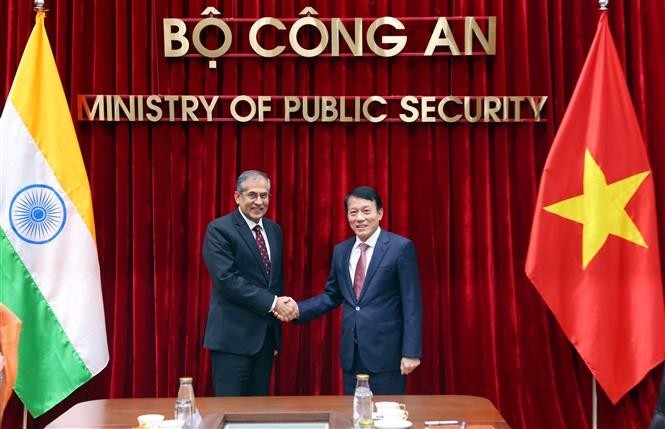Vietnam suggests measures to realise urgent tasks of Mekong-Lancang Cooperation
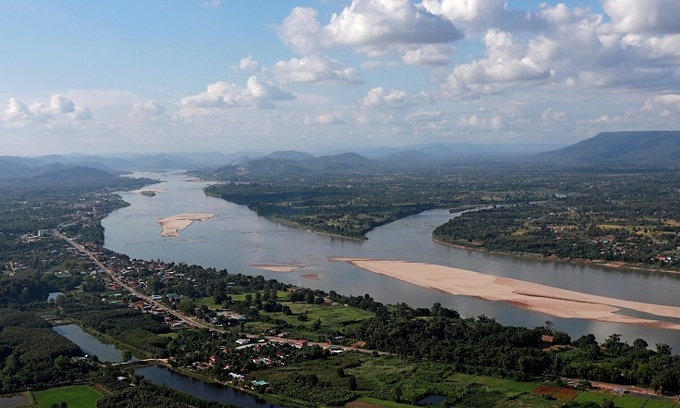 |
| A view of the Mekong River bordering Thailand and Laos from the Thai side in Nong Khai in 2019. Photo: Reuters. |
Vietnamese Minister of Foreign Affairs Bui Thanh Son on June 8 suggested the Mekong-Lancang Cooperation (MLC) implement the three urgent tasks of fighting the Covid-19 pandemic, maintaining economic growth, and preventing environmental degradation.
Addressing the sixth MLC Foreign Ministers’ Meeting in Chongqing, China, Son proposed major measures to realise the tasks, including sharing information and experience in fighting the pandemic and facilitating the cross-border circulation of goods, Nhan dan (People) newspaper reported.
Other measures include stepping up cooperation in the sustainable management and use of water resources in the Mekong River and promoting coordination between the MLC and ASEAN and other regional and sub-regional cooperation mechanisms.
Foreign ministers from Cambodia, Laos, Myanmar, Thailand, China, and Vietnam spoke highly of cooperative outcomes over the last five years, especially in the management of water resources in the Mekong River.
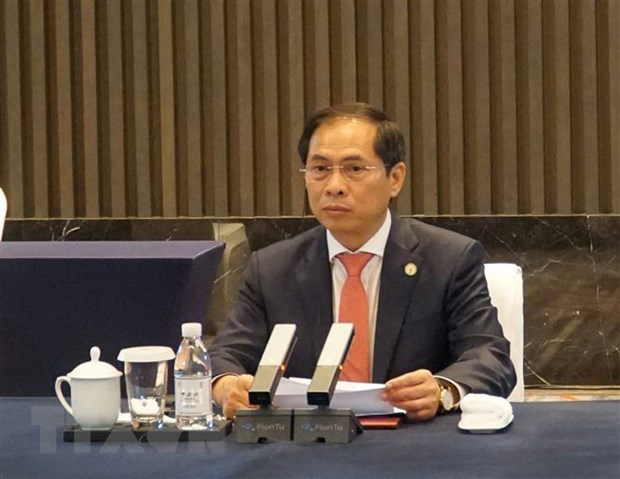 |
| Vietnamese Minister of Foreign Affairs Bui Thanh Son. Photo: VNA |
They reaffirmed the commitment of the MLC, which is to deepen good-neighborliness and pragmatic cooperation among the six countries, according to joint statement issued at the meeting.
They will also contribute collective efforts to the socio-economic development of the MLC countries and enhance the well-being of their people, narrow the development gap among countries, support the ASEAN Community building as well as advance South-South cooperation and enhance the implementation of the UN 2030 Agenda for Sustainable Development.
The ministers reaffirmed the principles of consensus, equality, mutual consultation and coordination, voluntarism, common contribution and shared benefits, and respect for the United Nation Charter, ASEAN Charter and international law, as well as in accordance with domestic laws, and regulations and procedures of each member countries.
The Mekong River flows 4,880 km from its origins in Tibet, 2,130 km of it in China, where it is called Lancang. It then flows south through Cambodia, Laos, Myanmar, Thailand, and Vietnam before reaching the sea, VnExpress said.
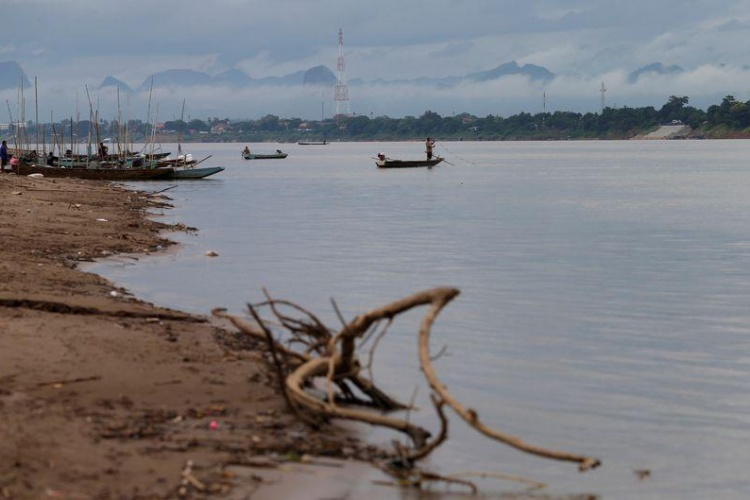 |
| Fishermen fish in the Mekong River in Nakhon Phanom, Thailand, July, 2019. Photo: Reuters. |
Earlier, the Mekong River Commission unveiled the financial component of a new strategy to address emerging challenges and improve the overall state of the river basin.
Under the new five-year strategic plan, it seeks to invest over $60 million, of which about 40 percent would come from member countries, according to a press release.
Its 10-year Basin Development Strategy (BDS) strategy will focus on five priority areas: improved ecological functions of the Mekong River for a healthy environment and productive communities, improved access to and use of water and related resources for community well-being, sustainable development for inclusive economic growth, resilience against climate and disaster risks, and enhanced regional cooperation from a whole-of-basin perspective.
The BDS is based on recent assessments of the impacts caused by water and related resources developments and infrastructure, including dams that have changed flow regimes, affecting sediment transport and accelerating bank erosion.
These have in turn led to a decline in natural fish populations, the degradation of environmental assets and floodplains, and the reduction in the replenishment of the Mekong Delta.
Climate change has further added to the severity of the impacts, bringing more uncertainties and risks, including frequent droughts and floods./.
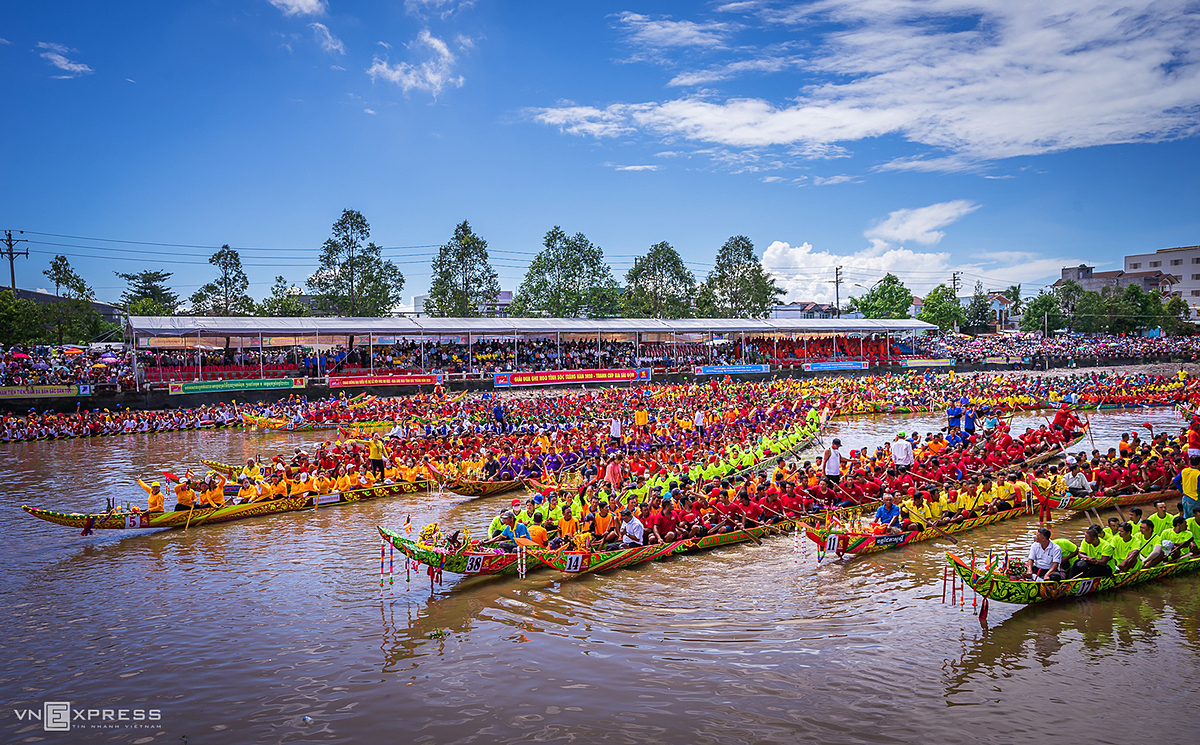 | Boat-racing festival, a traditional cultural feature of Mekong Delta Boat race, an indispensable part of the Ok-Om-Bok Festival in Soc Trang Province highlights the traditional values of Khmer people. |
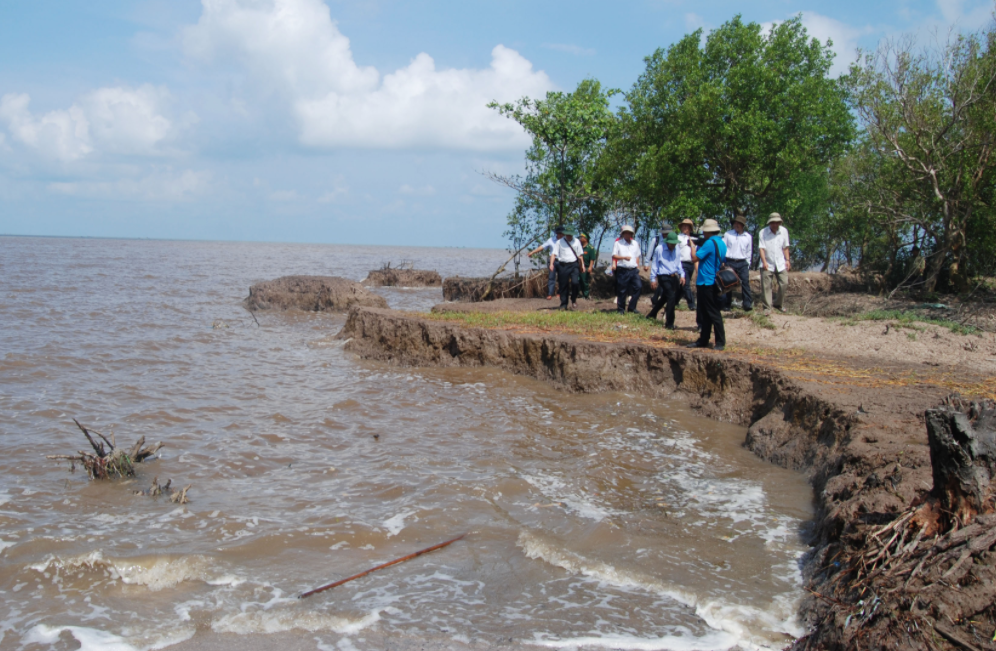 | China signs pact to share year-round water data with Mekong River Commission China has agreed to provide the Mekong River Commission (MRC) with year-round hydrological data, contributing to better river monitoring and flood and drought forecasting in ... |
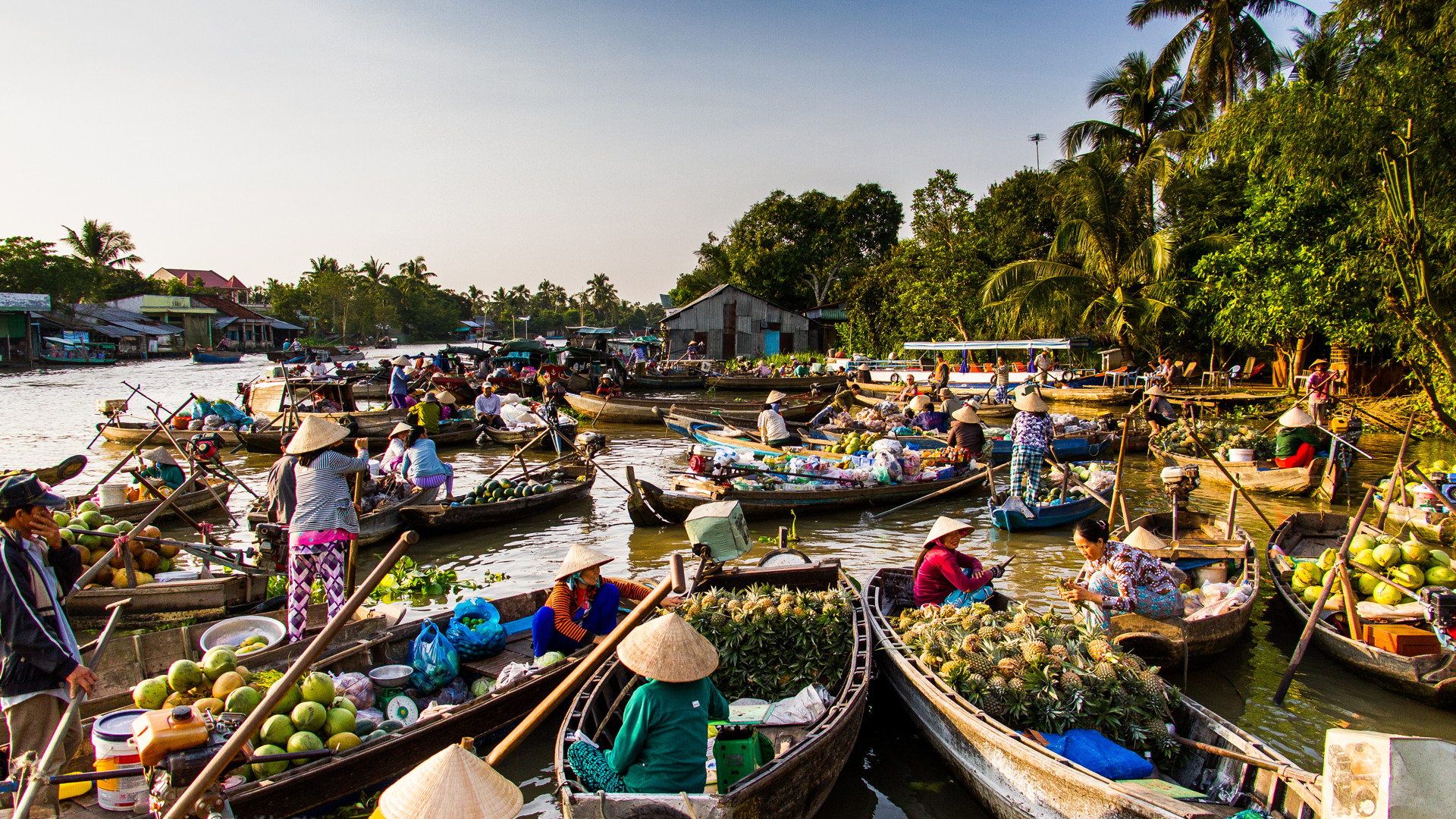 | Tra On floating market, enduring cultural trait of Vietnam’s Mekong Delta Tra On floating market is one of the most unique tourist destinations in the Mekong River Delta that should not be missed. |
Recommended
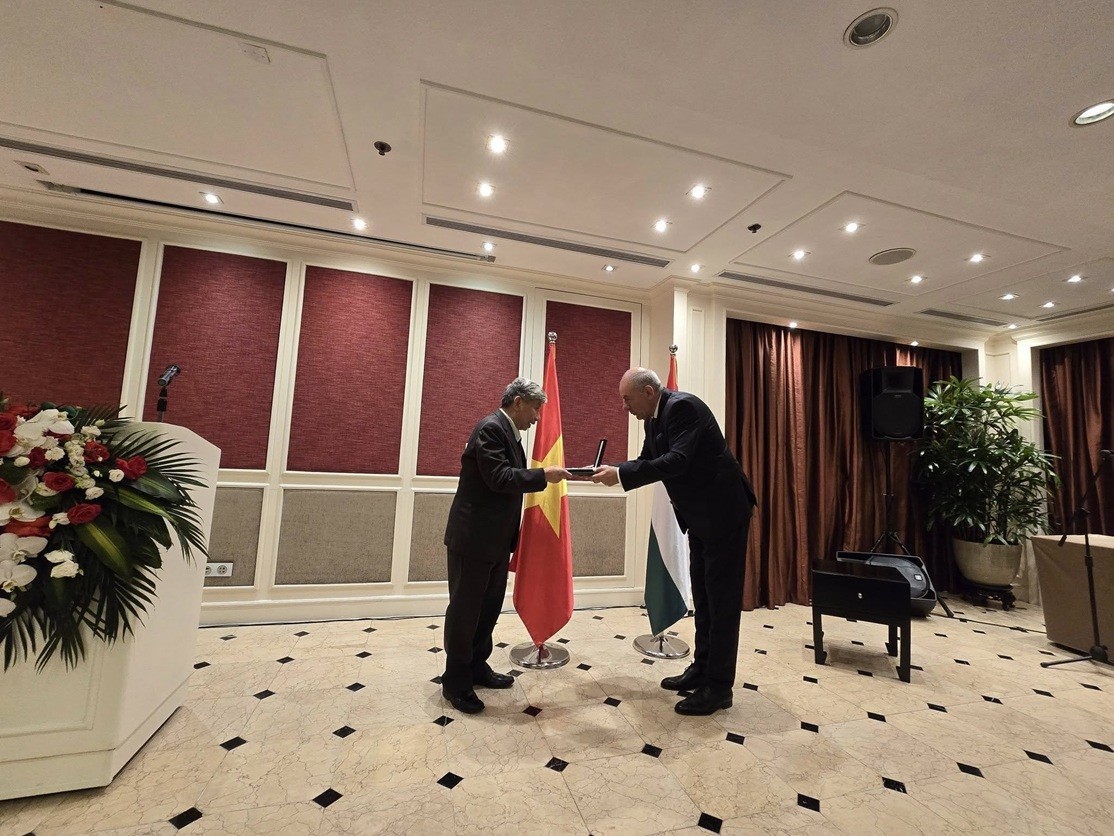 Friendship
Friendship
Dr. Vu Hoai Chuong Receives Hungary's Knight Cross Order
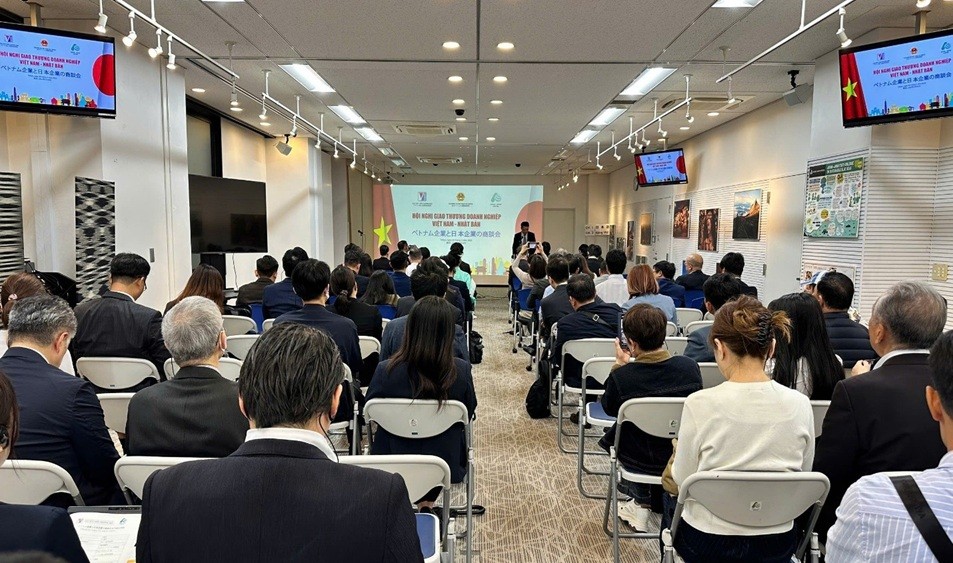 Friendship
Friendship
Promoting Vietnam - Japan Economic Cooperation
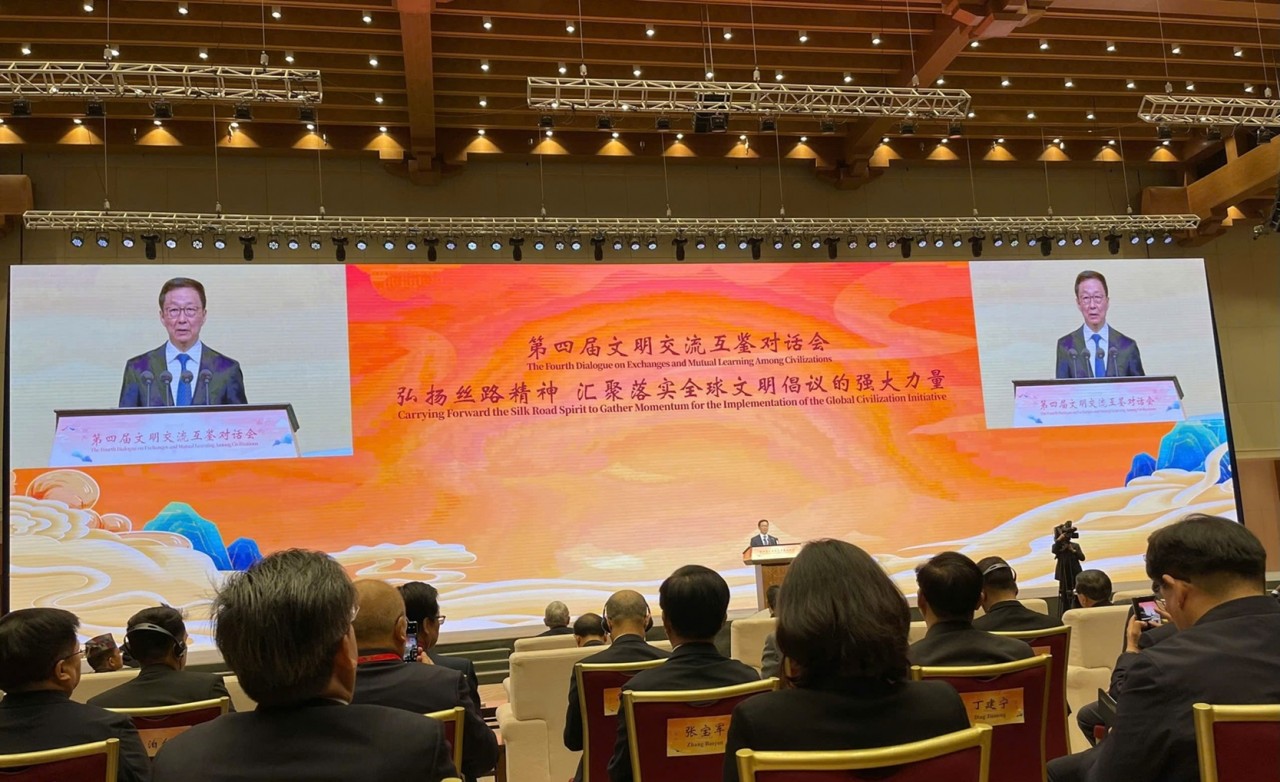 Friendship
Friendship
VUFO Attends Fourth Dialogue on Exchange and Mutual Learning among Civilizations
 Friendship
Friendship
COPI (US) Provides Free Medical Check-Ups for Nearly 1,000 People in Quang Nam
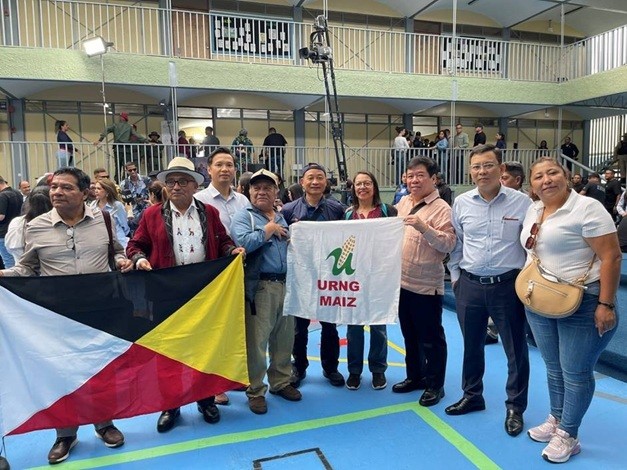 Focus
Focus
Strengthen Solidarity and Friendship Between Vietnam and Venezuela
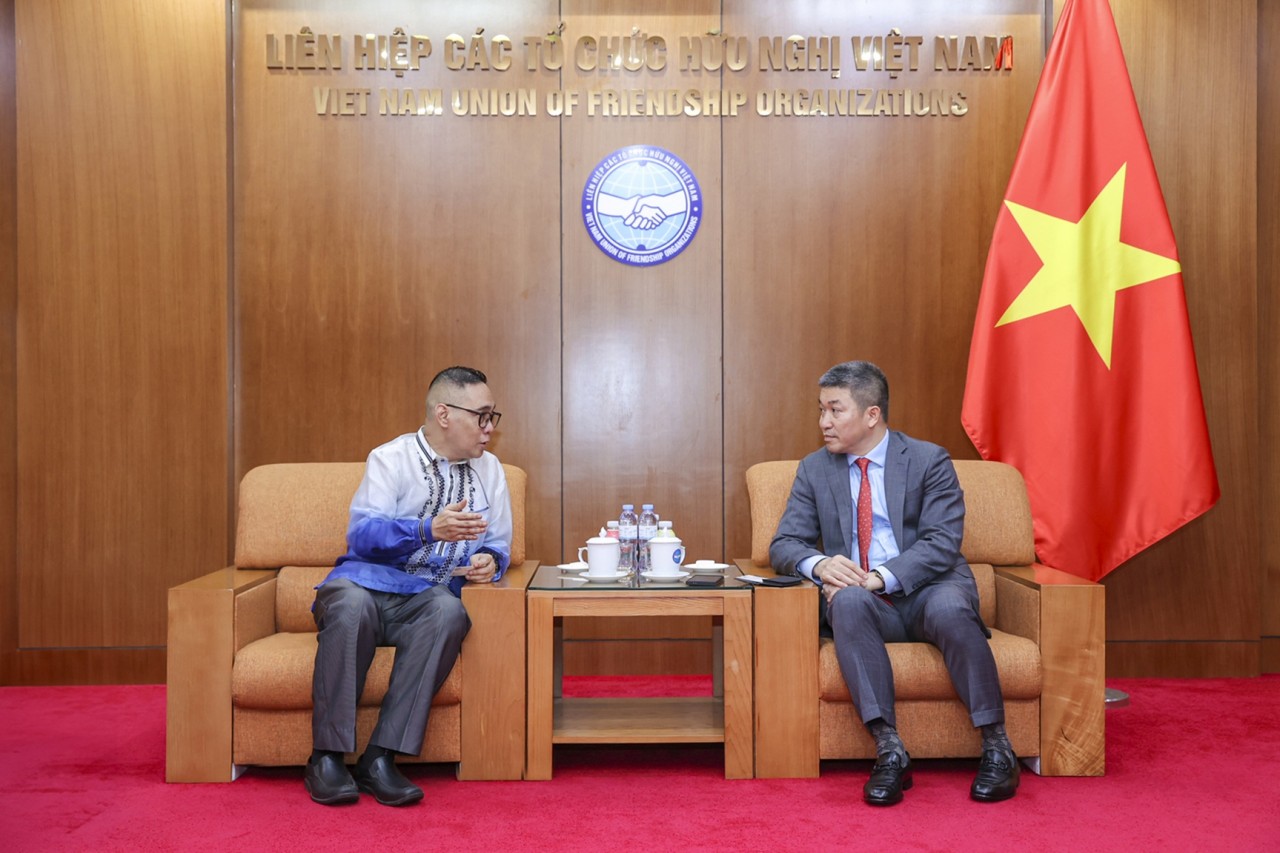 Friendship
Friendship
VUFO Supports Initiatives to Enhance People-to-people Exchanges between Vietnam and the Philippines
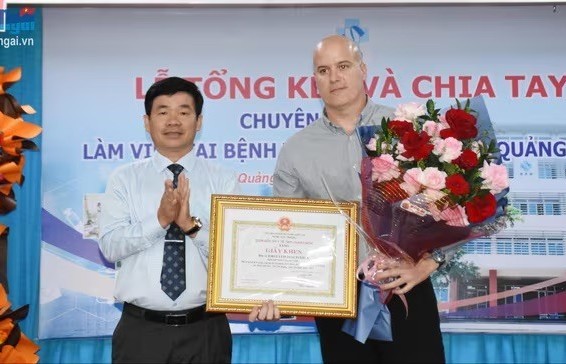 Friendship
Friendship
Quang Ngai Recognizes Cuban Health Experts' Contributions to Mother and Child Care
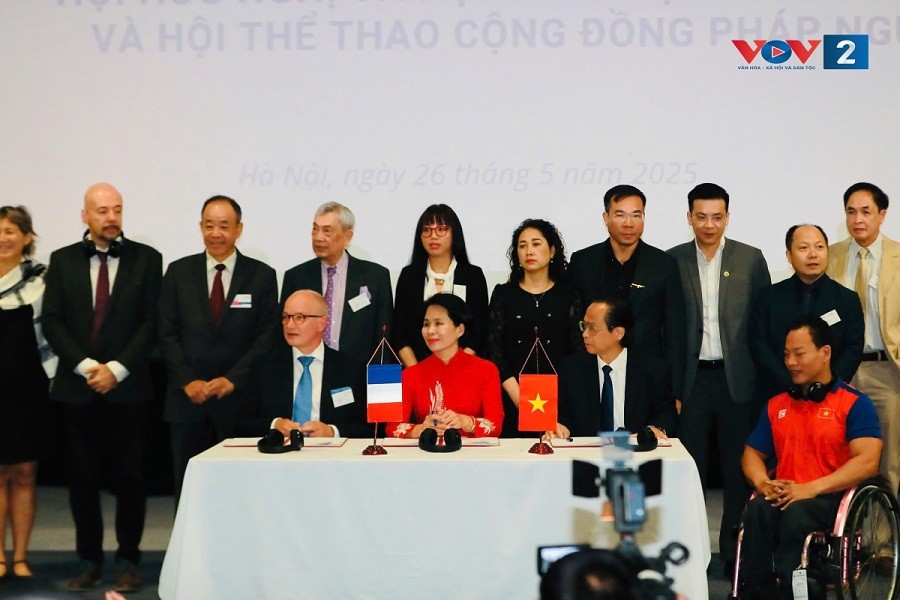 Friendship
Friendship

